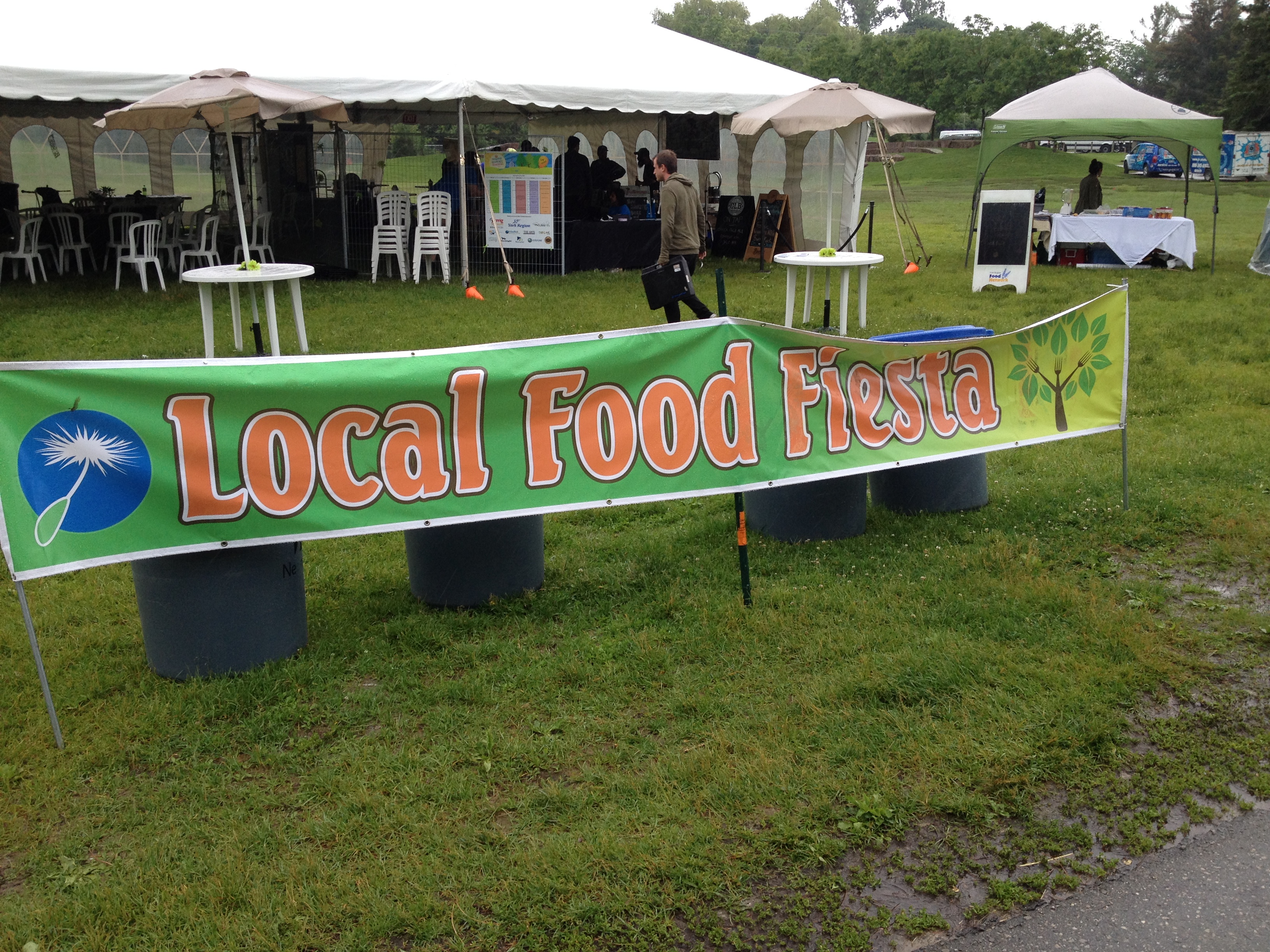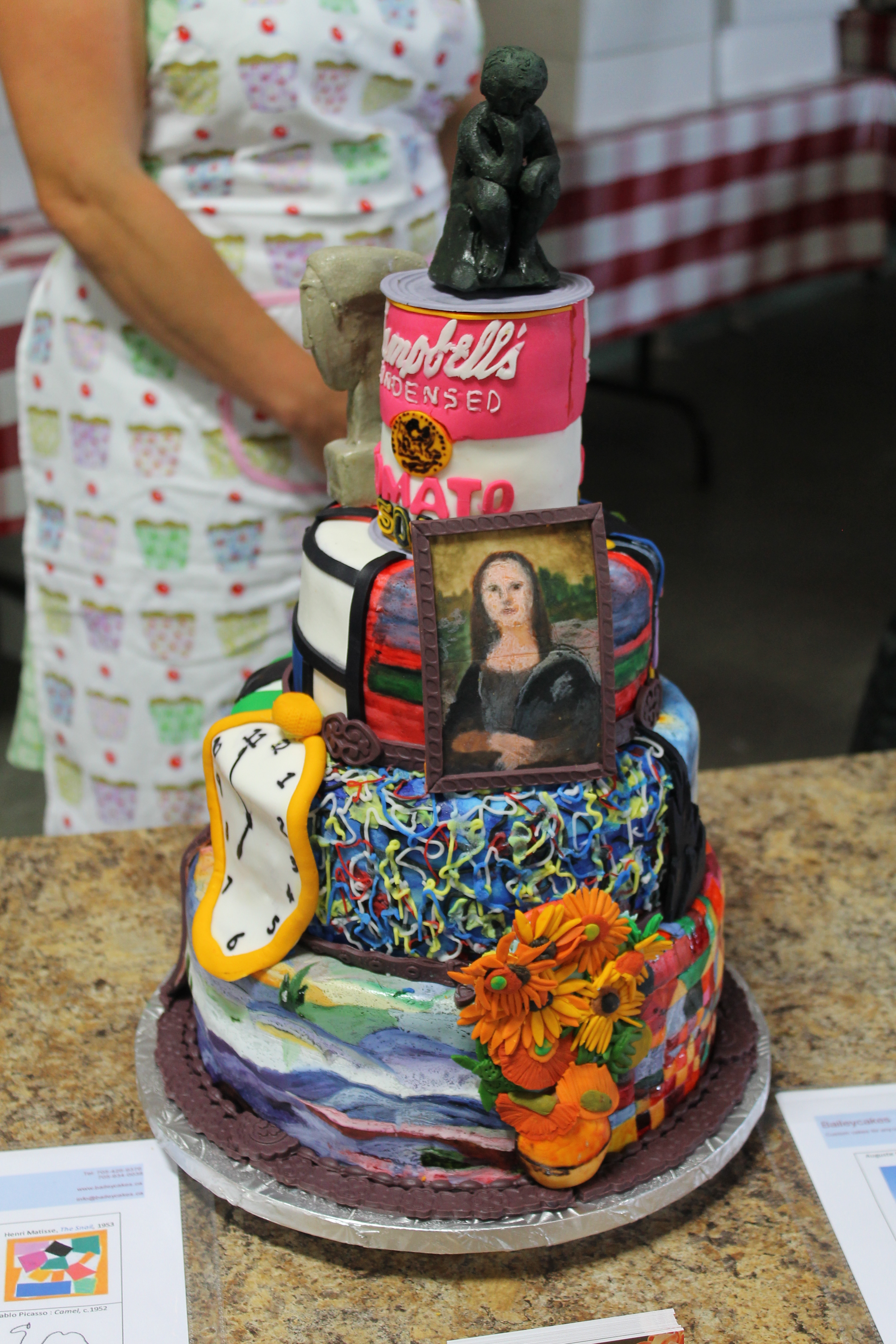
- Ensure that compost bins are available and visible to all participants.
- Place recycling and waste containers close to food trucks.
- Use domestic liquor brands if possible.
- Consider what type of food service would have the least waste – buffet, sit-down, a-la-carte.
- Choose to use biodegradable cups instead of recyclable plastic cups.
- Do not use individual styrofoam food packaging.
- Purchase food and drinks that are environmentally friendly as much as possible, such as fair trade coffee, organic and locally grown foods.
- Donate leftover food to a charity.
- Hire a sustainability manager – or appoint a specific person on the organising team to oversee, develop and implement your food policy.
- Offer foods according to seasonal fruit and vegetables available locally.
- Provide information on the source of all food and beverages, especially if fair trade or local.
- Ask suppliers to use only eco friendly cleaning products.
- Ask suppliers to use renewable energy sources rather than diesel generators where possible.
- Use cloth rather than disposable cloths if applicable.
- Set up an incentive plan, for example discounted stall fees, or an awards scheme, to encourage stallholders to switch to more sustainable products such as local, organic or Fairtrade foods. You could also reward your most ethical traders by including discount vouchers for their food in your programme, to encourage other businesses to follow suit.
- Ban food vendors from serving red-listed fish and seafood.

Food Facts
Best Practise Case Studies
Local Food Fiesta
Windfall Ecology Festival, Canada
All food vendors at the the 2015 Windfall Ecology Festival in Newmarket were a part of the local food fiesta. This included: a local organic coffee vendor, a local women selling all natural jams and jellies, local craft breweries, and fresh baked goods made from produce meant to be discarded at local grocery stores. The local food fiesta not only supported people in the community, but also reduced the negative impact of travelling far.
Donated Food and Drinks
Bon Appetit, Ottawa, Ontario
Partners donate all food and beverage samples and the time spent to prepare and serve the food.
Vendor Contribution
Bumbershoot Festival, United States
Food vendors at Bumbershoot Festival in Seattle recycle all grease and turn it in to biodiesel. Additionally, all food vendors take part in the pre-consumer composting program by recycling food scraps into compost. Compost stations are set-up around the festival grounds to also encourage fans to reduce their landfill waste.
Organic Policy
Sunrise Festival organizers have established a site-wide organic policy for all food and drinks, including alcohol. As part of this policy, all suppliers of consumable goods are expected to achieve a minimum of 85% organic content in their wares. To encourage traders to use local suppliers, organisers have established The Sunrise Local Organic Food Initiative, which aims to minimise the environmental cost of transporting goods.
Slow Food
Slow Food Cycle Sunday, Pemberton, Ontario
Slow Food Cycle Sunday is a pedal-powered trip through the natural buffet that is Pemberton Meadows farmland to meet local growers and sample produce fresh from the field. Here, the distance between good food and your table is as short as 50 kilometres.
Fairtrade Coffee and Tea
Glastonbury Festival, UK
At Glastonbury, coffee, sugar , hot chocolate and most tea sold on-site are Fairtrade. Organisers actively encourage stallholders to increase their stock of Fairtrade products each year and have a designated award given by the Fairtrade Foundation to the trader doing most to provide Fairtrade goods.
Supper Club
Shambala Festival, UK
Shambala has an initiative called the Surplus Supper Club. 550 meals made from food that would have been sent to a landfill. The charity behind the Surplus Supper Club, works with the food industry to minimise fit-for-purpose fresh, frozen and long-life food going to waste.
Sustainable Fish
Shambala Festival, UK
All fish served is on the marine conservation society ‘fish to eat list’. All tea and coffee is fairtrade, and all milk onsite is organic. Last, all meat and eggs are free range certified and priority is given to locals.
Feast Ontario
Ontario Culinary Tourism Alliance, Canada
Feast from the Ontario Culinary Tourism Alliance is a criteria-based program that recognizes businesses committed to showcasing unique tastes local to Ontario. This includes procuring Ontario produced food/drink, par entering with a program that supports or showcases local food or drink, and participating in community initiatives and experiences.
Environmental/Ethical Statement
Cambridge Folk Festival, UK
All caterers and traders complete an Environmental and Ethical Statement as part of the process to secure a stall. This is taken into account, together with other factors when deciding who should trade on site. Catering outlets must use biodegradable trays, cups and lids as well as wooden cutlery rather than plastic. All tea, coffee and hot chocolate sold on site is Fair Trade and all egg products are free-range. Caterers are not allowed to use generators, which can add to emissions, noise and pollution. The festival provides caterers with containers so they can recycle food waste, water and cooking oil and to prevent contamination of local land or waterways. Traders are not allowed to provide plastic bags to customers. Reusable cloth bags will be for sale at the Festivals own merchandise stall.
Organic Rebate
Peat’s Ridge Festival, Australia
Peat’s Ridge festival gives a $500 rebate on stall fees when presented with receipts for $2000 worth of certified organic produce.





